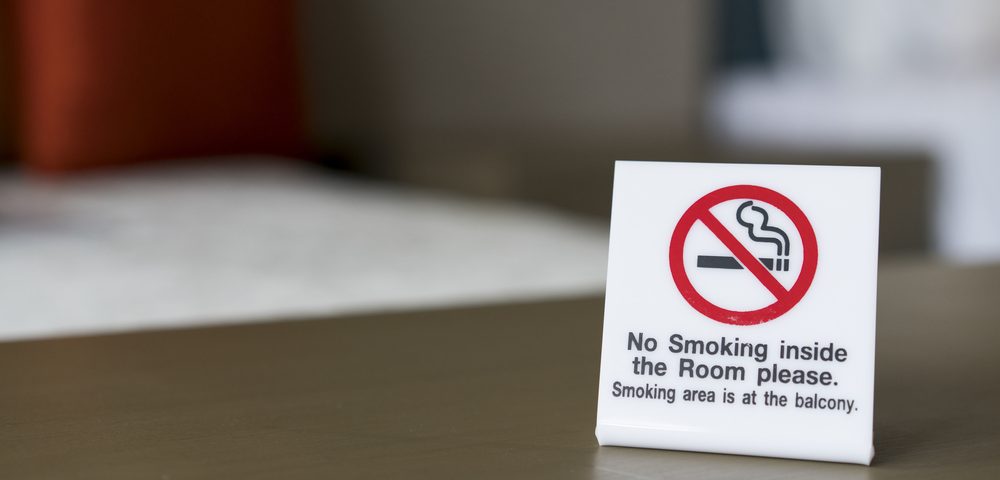Emergency rooms across the United States reported a 17% decline in the number of children needing assistance for asthma attacks once public indoor smoking bans were instituted, according to a study led by investigators at the University of Chicago Medicine (UCM).
“Indoor tobacco legislation is associated with fewer emergency department visits for asthma exacerbation in children,” examined 20 hospitals in 15 geographic areas where regulations were implemented to improve the quality of indoor air, namely by prohibiting smoking in indoor public spaces. The work was published in the Annals of Allergy, Asthma & Immunology.
“Children are in a very unique situation in that they have very little control over their environment,” Christina Ciaccio, MD, a pediatric allergy expert and assistant professor at UCM, said in a press release. “This study shows that even those short exposures to secondhand smoke in public spaces like restaurants can have a significant impact on asthma exacerbations.”
Led by Ciccio, the researchers reviewed 335,588 asthma-related visits to emergency rooms (ERs) between July 2000 and January 2014. In total, 20 hospitals from 14 states and the District of Columbia were included in the study. For each hospital, the team assessed how many visits occurred three years before and three years after indoor smoking bans were implemented.
The team controlled for a series of possible influencing factors, including seasonality and aspects such as gender, age, race and socioeconomic background.
“Combined with other studies, our results make it clear that clean indoor air legislation improves public health,” said Theresa Shireman, PhD, a Brown University School of Public Health professor and co-author of the study.
Results varied, but in all studied hospitals the drop in ER visits became more evident every year after the smoking ban. Children’s ER visits declined 8% after the first year, 13% after two years, and reached 17% after three years.
The researchers did not find a national trending decline in children’s asthma-related ER visits beyond those documented in places with smoking bans. However, they noted the study merely shows an association and does not prove that the bans were the cause of decrease in ER visits — though Shireman believes the evidence strongly suggests that conclusion.
“We should all breathe easier when our children do,” said Tami Gurley-Calvez, PhD, an associate professor at Kansas University and a co-author of the study.


Junk science at its best!